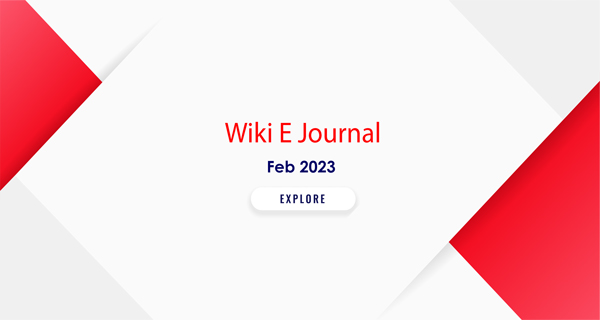In this 103 edition, we have authored articles around interesting issues. The article on GST implications on issues arising from arbitration award is a must read. This article deals with the GST implications based on the nature of amount that is involved in the awards. For ease of understanding, we have framed the article dealing with five different issues.
The next article is Part II of the series dealing with ‘All About Recognized Provident Fund, Approved Superannuation Fund and Gratuity Fund’. We cover the ASF and Gratuity Funds aspects in this part. Hope you will find it interesting.
We have also collated certain important judgments under direct tax and indirect tax laws, provided our comments wherever necessary.








